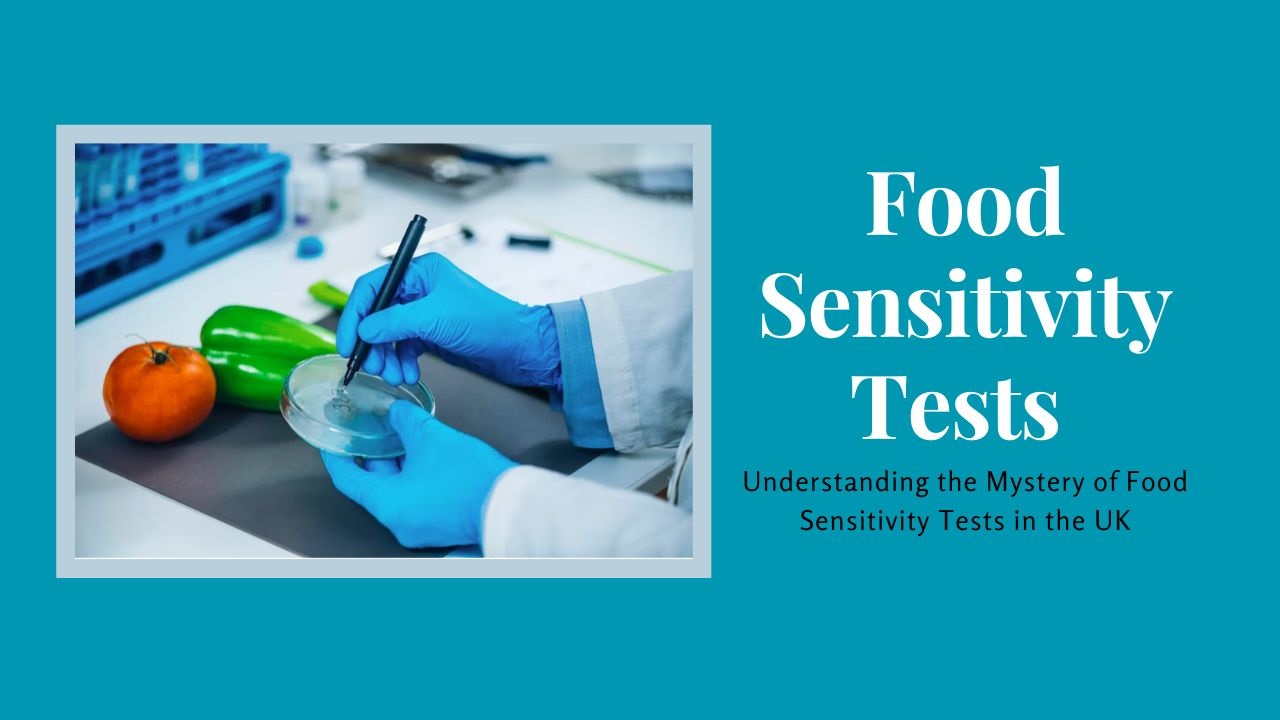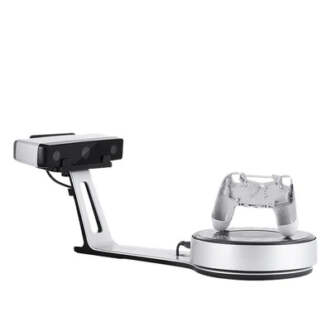
Understanding the Mystery of Food Sensitivity Tests in the UK
In the UK as well as other countries, millions of people suffer from food allergies and sensitivity. It has become increasingly important to recognize and properly manage these sensitivities as our understanding of the effects of food on our health has grown. This blog discusses the idea of food sensitivity, the value of food sensitivity testing, and the accessibility of at-home allergy test kits in the UK.
Understanding Food Sensitivity
An adverse reaction that happens after eating particular foods is referred to as food sensitivity. Due to the delay in response time, food sensitivities are hard to diagnose without specialized testing, unlike food allergies, which require an instantaneous immune response. Food sensitivities can cause a wide range of symptoms, such as joint discomfort, exhaustion, headaches, and skin problems.
The Importance of Food Sensitivity Testing
It’s critical for those looking to enhance their general well-being and remove potential triggers from their diet to identify specific food sensitivities. Food intolerance testing in the UK helps identify problematic foods and educate on dietary changes that can improve quality of life and reduce symptoms.
Food Sensitivity Tests in the UK
The UK offers various options for food sensitivity testing, ranging from laboratory-based tests to convenient home allergy test kits. Here are a few common methods available:
Laboratory-Based Tests
These examinations are carried out in a clinical context and frequently involve the evaluation of blood samples. Medical specialists draw blood samples, which they examine later on to check for the presence of particular antibodies linked to food sensitivities. This kind of testing provides thorough information on potential sensitivities & is more accurate and thorough.
Elimination Diets
Elimination diets aim for cutting out possible trigger items from the diet for some time, usually four to six weeks. Foods are gradually reintroduced after this exclusion phase to gauge individual sensitivities. Elimination diets are useful, but to use them effectively, you need commitment and patience.
Home Allergy Test Kits
Due to their accessibility and ease, home allergy test kits have become more and more popular. These kits normally require a saliva or finger prick sample that is sent to a lab for examination. The individual is then given the results, detailing their particular dietary sensitivities. It’s crucial to use a trustworthy test kit to guarantee accurate results.
Food Sensitivity Testing in the UK: Regulations and Recommendations
The Medicines and Healthcare Products Regulatory Agency (MHRA) in the UK, controls food sensitivity tests to guarantee their validity and safety. The MHRA offers recommendations for producers and sellers of home allergy test kits, concentrating on precision, openness, and suitable usage guidelines. It is essential to choose a test kit that conforms to these laws, and empirical data usually support them.
Consulting a Healthcare Professional
Despite the ease of at-home allergy test kits, it is best to speak with a medical expert, such as a doctor or qualified nutritionist, before conducting any food sensitivity testing. These experts can aid in appropriately interpreting the results, offer individualized dietary guidance, and rule out other underlying medical issues that might mirror food sensitivities.
For people looking to improve their health and well-being, understanding dietary sensitivities and figuring out specific trigger foods is crucial. Food sensitivity tests, including lab-based tests and at-home allergy test kits, offer essential information for individualized dietary changes.
The availability of standardized home allergy test kits in the UK has made it simpler for people to conveniently acquire these tests. However, it is essential to obtain advice from medical experts to guarantee accurate interpretation and suitable dietary modifications. Managing food sensitivities can result in a healthier and more balanced lifestyle with the correct knowledge and assistance.





















